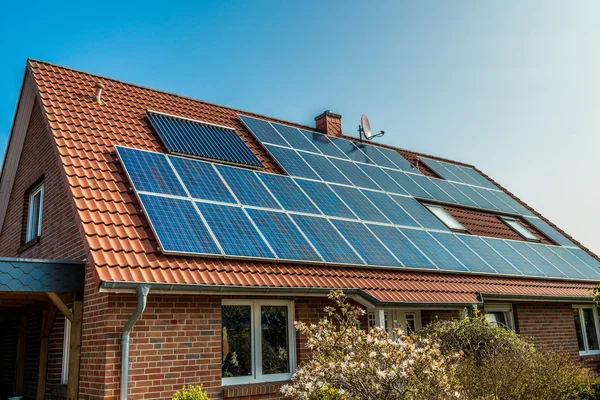The intersection of climate change and human rights is a complex and urgent issue. As the planet warms, the impacts of extreme weather events, rising sea levels, and environmental degradation become more severe, disproportionately affecting vulnerable populations. This article will explore how climate change exacerbates existing inequalities and threatens fundamental human rights.

One of the most significant consequences of climate change is its impact on food security. Extreme weather events such as droughts and floods can disrupt agricultural production, leading to food shortages and price increases. This can have devastating consequences for vulnerable populations, particularly those who rely on subsistence farming. Women, who often bear the brunt of food insecurity, are disproportionately affected by climate change due to their roles in agriculture and household management.
Climate change also has profound implications for water resources. As glaciers melt and rainfall patterns shift, access to clean water becomes increasingly scarce. This can lead to water-borne diseases, conflict, and displacement. Children are particularly vulnerable to the impacts of water scarcity, as they are more susceptible to dehydration and illness. Indigenous communities, who often rely on traditional water sources, are also at risk of losing their cultural heritage and livelihoods due to climate change.

Rising sea levels pose a significant threat to coastal communities, particularly small island states and low-lying areas. As sea levels rise, coastal erosion, saltwater intrusion, and flooding become more frequent and severe. This can lead to displacement, loss of homes and livelihoods, and damage to critical infrastructure. Coastal communities, which often have limited resources and infrastructure, are particularly vulnerable to the impacts of climate change.
The human rights implications of climate change are far-reaching. Climate change can violate the rights to life, health, food, water, housing, and adequate standard of living. It can also lead to forced displacement, discrimination, and conflict. As the impacts of climate change become more severe, it is essential to address the underlying causes of environmental degradation and to protect the rights of vulnerable populations.

To address the intersection of climate change and human rights, a comprehensive approach is needed. This includes reducing greenhouse gas emissions, building resilience to climate change impacts, and promoting sustainable development. It also requires ensuring that human rights are at the center of climate action and that vulnerable populations have access to the resources and support they need to adapt to climate change.
In conclusion, climate change is a human rights crisis that disproportionately affects vulnerable populations. By understanding the complex linkages between climate change and human rights, we can take action to address the root causes of environmental degradation and protect the rights of all people.


